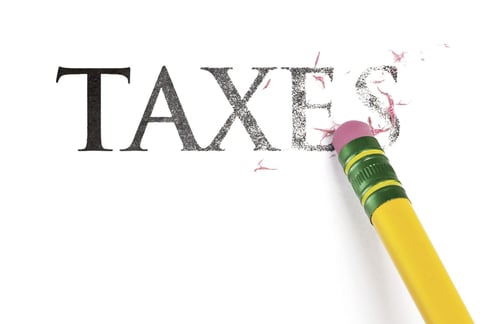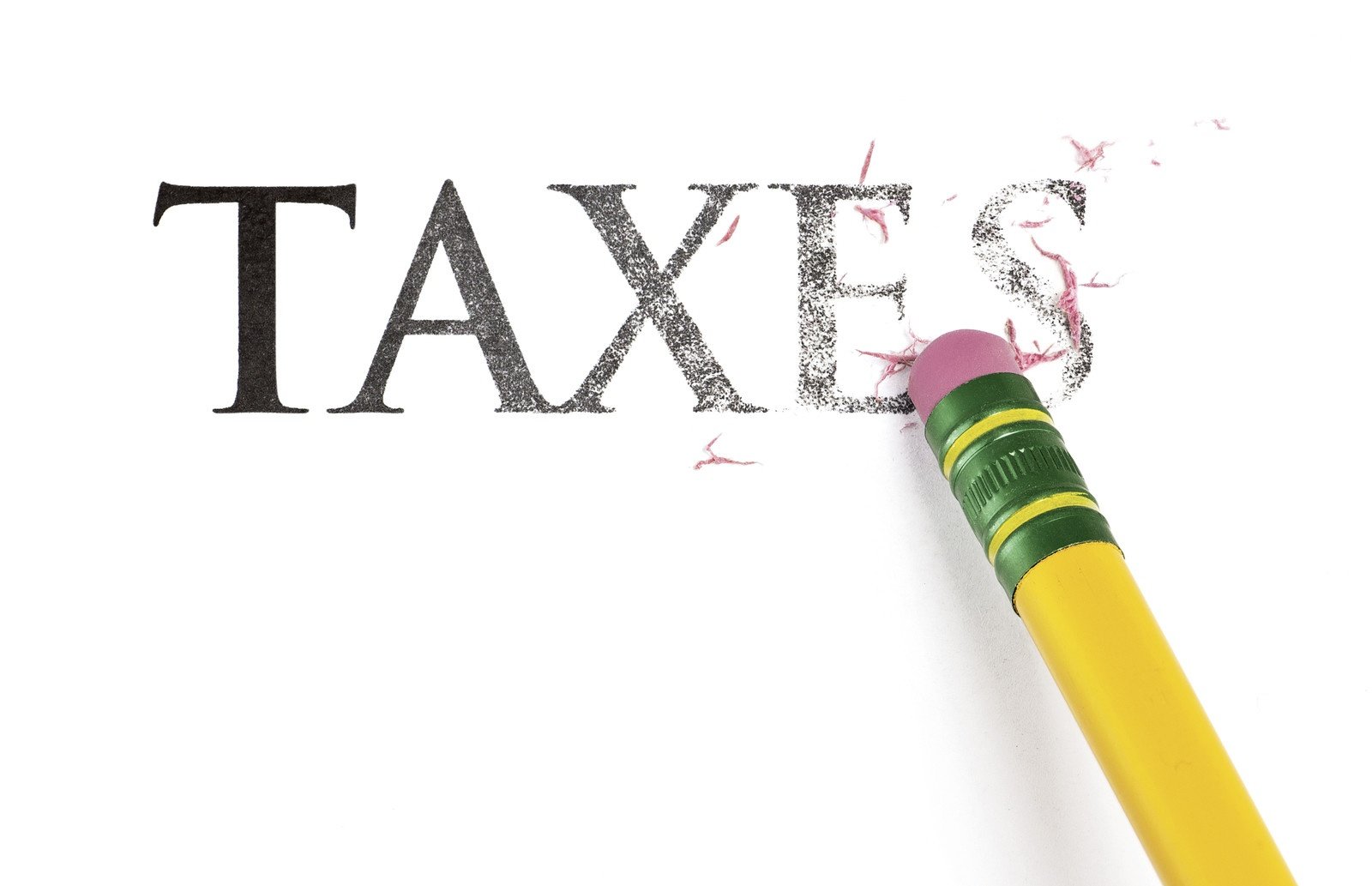Is your business maximizing available exemptions and incentives?
This article appears in Crains Cleveland Business
By Steven A. Dimengo and Richard B. Fry III
Buckingham, Doolittle & Burroughs, LLC.
February 12, 2017 - Gov. Kasich’s quest to lower the Ohio personal income tax rate continues in his latest proposed biennium budget, even in the face of Ohio’s tax revenue falling short of estimates.
If adopted, Ohio’s income tax rates would be reduced 17% and income tax brackets would be reduced from nine to five. Reduction of income tax rates has been a focus during Kasich’s terms, and his last proposed budget is no different.
To offset the income tax rate cuts, the governor wants to increase the state’s reliance on the consumption-based sales tax.
The proposed budget would:
- Increase Ohio’s sales tax rate from the current 5.75% to 6.25% (with additional local taxes of up to 2.25%); and
- Expand the sales tax base to include more services.
Additionally, Kasich proposes to increase taxes on cigarettes and other tobacco products, alcohol, and oil and gas producers.
What should business consumers do? Of course, all Ohio businesses need to make sure they are maximizing the advantage of all available exemptions and tax incentives.
OHIO SALES TAX EXEMPTIONS
Below is a summary of some core sales tax exemptions among the many available to Ohio businesses:
- Manufacturing: Property primarily used to manufacture, process, assemble or refine property held for sale. The exemption is quite broad, commencing upon the “commitment” of raw materials and extending through completion of the product. In certain situations, activators can be structured to maximize the exemption.
- Packaging: Available for manufacturers and retailers. It includes packaging materials that restrain the product, including pallets, strapping and shrink wrap when working together. The exemption also covers packaging and labeling equipment, including conveyors and software.
- Transportation property: Available for most regulated businesses that transport other people’s property for consideration.
- Warehouse/Distribution Centers: Available for property used to store or handle inventory for distribution outside Ohio.
- Resale: Available for any property or services resold in the same form in which they had been received. This exemption is often underutilized, as ancillary products may be considered to be resold, such as credit card processing machines, dispensing equipment and bonus goods, even if a specific charge is not stated for such items.
- Construction Contracts: Improvements and repairs to real property, although the contractor owes tax on its material purchases. Real property includes components that are common to all types of buildings, such as HVAC systems, water lines, fire suppression systems and electrical and communication lines.
- Oil and Gas Production: Property used in the exploration for or production of crude oil and natural gas. In addition to producers, this exemption is available for businesses providing certain services to the oil and gas industry.
EXPANSION OF SALES TAX ON SERVICES
Traditionally, sales tax was only charged on sales of goods -- tangible personal property.
However, to increase revenue, Ohio, like many states, began taxing services. Among the many taxable services, Ohio sales tax is imposed on automatic data processing, electronic information services, computer services, employment services, building maintenance and janitorial services, and landscaping services.
Electronic information services in particular have become a growing source of revenue for the state with the revolution of cloud-based services and services delivered electronically. However, “digital advertising services” were recently exempted from tax, which are services used to electronically display advertisements on the Internet about the business’ products, services, industry or brand.
Leased employees, or employment services, also often create significant issues during an audit.
Sales tax applies to providing personnel on a temporary basis, such as to supplement the workforce for seasonal fluctuations in one’s business or to replace an employee on medical leave. However, these transactions are nontaxable when personnel is provided under a one-year contract by which they are assigned for an indefinite duration -- the permanent assignment exemption. When claiming this exemption, it is important that the contract be written consistent with permanent assignment of the leased employees.
Now, Kasich is proposing to expand Ohio’s sales tax to cable TV, elective cosmetic surgery, lobbying, and interior and landscape design services. The governor made similar proposals in the past to expand the sales tax to even more services, which the state legislator resisted. Ohio businesses, especially in these industries, should pay close attention to this year’s budget process.
INVESTOHIO
Investors in Ohio small businesses have a powerful tax incentive which is relatively unknown and significantly underutilized -- the InvestOhio personal income tax credit.
The InvestOhio credit is available to individuals investing in a business with less than $50 million in assets or less than $10 million in annual sales.
The business then has six months to use the invested capital to purchase new property to be used in Ohio or for compensation for new Ohio employees. The expenditures the business can use to qualify for the credit are extremely broad and include purchasing a new building, manufacturing machinery, equipment or even licensing intellectual property (e.g., patents, trademarks, etc.). The investor is entitled to a credit equal to 10% of the qualifying investment against his/her Ohio personal income taxes.
The InvestOhio credit is available to investors who are new to the business, as well as existing owners who are willing to contribute cash to the company. It is critical, however, that planning be done prior to the business making the qualifying purchase to ensure compliance with InvestOhio’s requirements.
MAXIMUM IMPACT – BE AWARE OF CRITICAL TAX EXEMPTIONS AND INCENTIVES
Ohio business owners and managers should be aware of the sales tax exemptions critical to their industry, as well as potential tax incentives.
The Ohio Department of Taxation assumes that every purchase is taxable, leaving the burden to the consumer to support exemption.
Thus, it is critical that sales tax exemptions are properly documented and the appropriate evidence is provided to the department during an audit.
An experienced adviser can help you navigate through the ever-changing tax landscape to minimize the tax base and maximize the return on your business.
Taxation and tax changes can be confusing and frustrating. We are here to help. If you have questions about taxation, let's talk! Contact us at info@zinnerco.com or any of our professionals at 216.831.0733. We're ready to start the conversation and end the confusion.
Steven A. Dimengo is a partner at Buckingham, Doolittle & Burroughs LLP in Akron. Dimengo is the chair of the firm’s Taxation Practice Group and has more than 25 years of experience in Ohio sales and use tax planning and controversies. He can be reached at 330-258-6460 or sdimengo@bdblaw.com. Richard B. Fry III, also is a partner at Buckingham, Doolittle & Burroughs LLP in Akron. Fry serves as chair of the Ohio State Bar Association, Taxation Committee and has significant experience in Ohio tax planning and controversies. He can be reached at 330-258-6423 or rfry@bdblaw.com. Dimengo and Fry are co-authors of www.ohiostatetaxblog.com.





